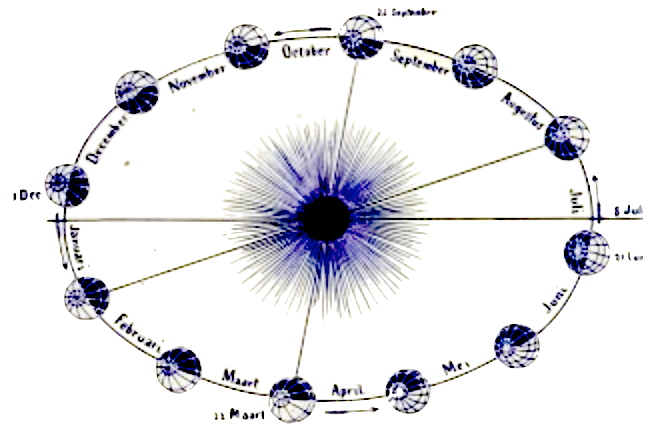“You undoubtedly approach the development of intelligence from a transcultural angle.
In developmental neuropsychology I am mainly concerned with the effect of early experiences on brain development and behavior. This has taken two dimensions in terms of behavior. First, you have the emotional affective behaviors, such as violence, aggression, exploitation, and their opposites, such as care, love, and compassion. Second, you have the mental and cognitive behaviors.
My main focus is on emotional and affective behaviors, in education and violence. But I have also done quite a bit of research work to show the interrelationship between the two. In my opinion, the major flaw in American psychology is the removal of mind and cognition from our emotional and affective emotional life.
The weight of emotional aspects in thinking or intelligence is seemingly completely underestimated.

“You undoubtedly approach the development of intelligence from a transcultural angle.
In developmental neuropsychology I am mainly concerned with the effect of early experiences on brain development and behavior. This has taken two dimensions in terms of behavior. First, you have the emotional affective behaviors, such as violence, aggression, exploitation, and their opposites, such as care, love, and compassion. Second, you have the mental and cognitive behaviors.
My main focus is on emotional and affective behaviors, in education and violence. But I have also done quite a bit of research work to show the interrelationship between the two. In my opinion, the major flaw in American psychology is the removal of mind and cognition from our emotional and affective emotional life.
The weight of emotional aspects in thinking or intelligence is seemingly completely underestimated.
Exactly. We could spend a whole evening talking about the causes of this, which I feel originated in the dualistic view of the Greeks on human nature, body and mind. The whole of Western civilization is permeated with this approach. It has influenced our scientific thinking, even our vision of how we fit into the universe.
We have followed an academic research structure, in which there are on the one hand scholars who are interested in cognitive functioning, while another number of scholars and theorists are concerned with influences and emotions. And they do not have good communication with each other. That is one of the polarizations.”
“Including the family?
Indeed. The family environment is crucial for both emotional and mental development. I am more or less a reductionist, but in a special way. Ultimately, you need to make certain transformations to translate the overall complex that characterizes our environment – mother, father, blood relatives, family, neighborhood, community, social factors and culture, morals, theology, religious systems of values of a culture – into processes that can be understood in terms of brain mechanisms and processes.
Ultimately, these experiences are transformed into sensory processes that influence brain development.
Only through our brain processes can we communicate with the outside world: sight, taste, hearing, touch, smell: these are the paths we take from the environment to the brain. The environment can be understood in terms of its impact on our sensory processes.
The Venezuelans believe that everyone inherits intelligence that should be properly guided and stimulated.
I would not use the term “inheritance of intelligence,” because what is in fact defined is “cultural intelligence” or “environmentally motivated intelligence,” contrasted with the concept of hereditary intelligence of Jensenism.”
